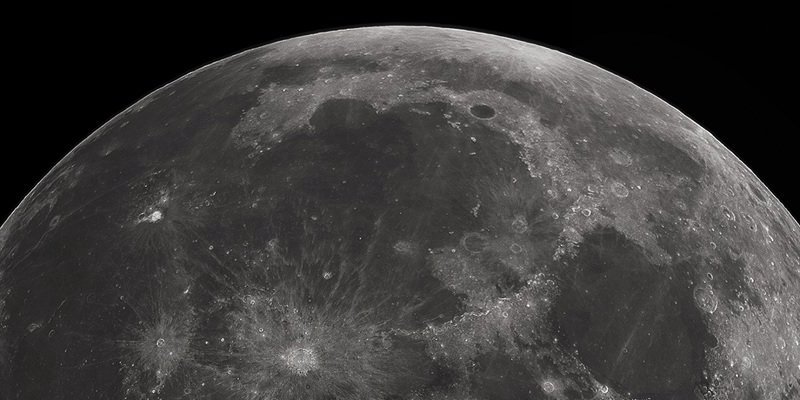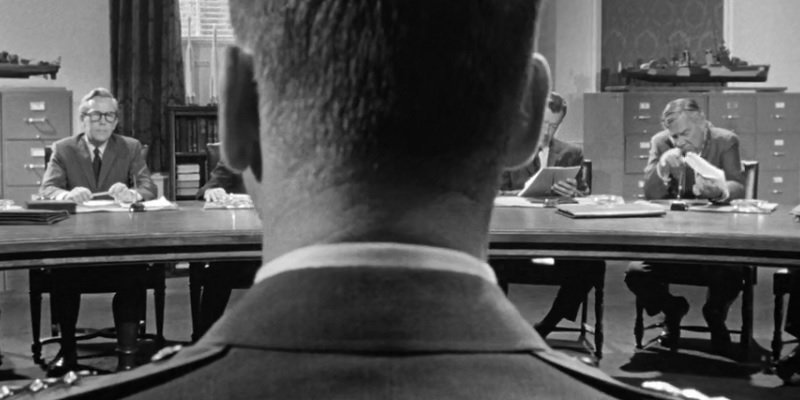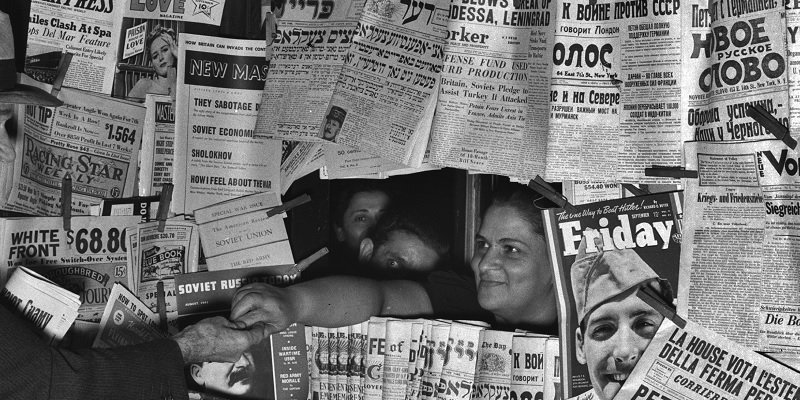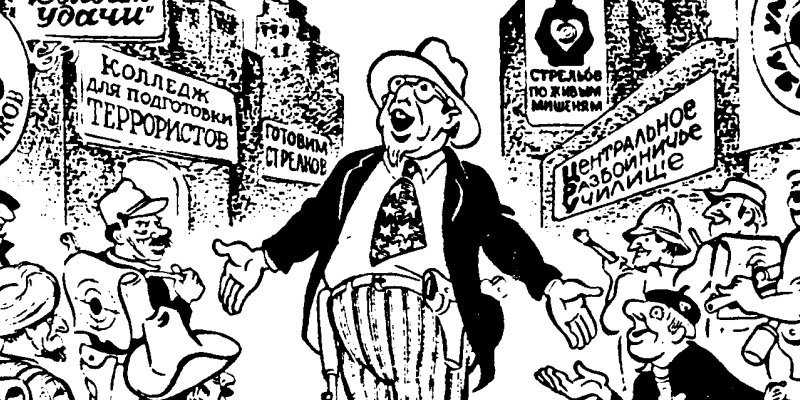12477 Tags
soviets
16 Articles

The moon is a sensitive topic at the CIA
The Central Intelligence Agency kept a 1961 translation of the “Atlas of the Far Side of the Moon” marked as “For Official Use Only” in its archives for just shy of 50 years.

The FBI feared that “Seven Days in May” was bad for America
A memo uncovered in Ronald Reagan’s Federal Bureau of Investigation file reveals the FBI’s concerns that the 1964 film “Seven Days in May,” which depicted an aborted military coup of the U.S. government, would be used as Communist propaganda - and was therefore “harmful to our Armed Forces and Nation.”

Cooking with FOIA: Stovetop Soviet Army borscht
After discovering the Soviet Army’s 1948 borscht recipe in the Central Intelligence Agency archives last month, we challenged our readers to try and make the sour soup themselves. While David and Shannon Perry made a slightly scaled-back version in an outdoor firepit, food historian - and professional fermenter - Julia Skinner adapted the recipe for home kitchens.

The FBI considered planting a story painting “Ramparts” as anti-Semitic in response to CIA exposé
The Federal Bureau of Investigation’s COINTELPRO investigation of Ramparts magazine appears to have been sparked by a combination of their exposés on Central Intelligence Agency, their contacts at press outlets like the Soviet-controlled TASS, and their interviews with foreign leaders and officials. The Bureau described these interviews as placing the Ramparts reporters as being “under the guidance of Egyptian propaganda and intelligence personnel” and felt that “the average reader” would see the resulting article as “pro-Nasser, anti-Israel and anti-U.S.” For the FBI’s San Francisco Field Office, this perception created an opportunity for the Bureau to sow dissent among Rampart’s staff, subscribers, and donors.

The CIA’s dank Soviet meme stash
For as long as it’s existed, the Central Intelligence Agency has used Open Source Intelligence (OSINT) in its hunt for information that could serve as fuel for its analysis. This often meant simply reading major foreign newspapers, and monitoring for trends. When it came to understanding foreign cultural movements, CIA took it a step further - they studied the political cartoons of foreign countries. Cartoons that were essentially memes.